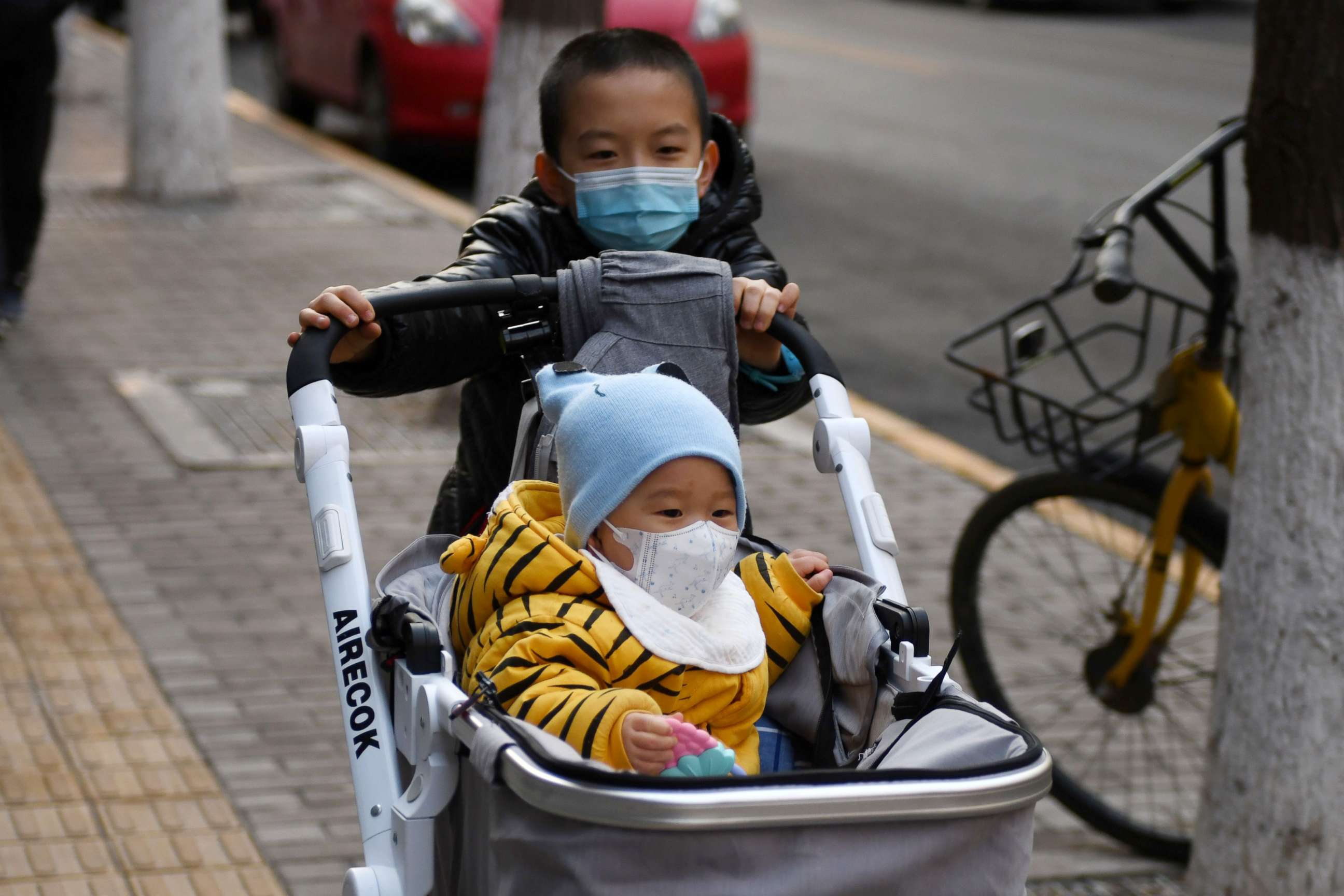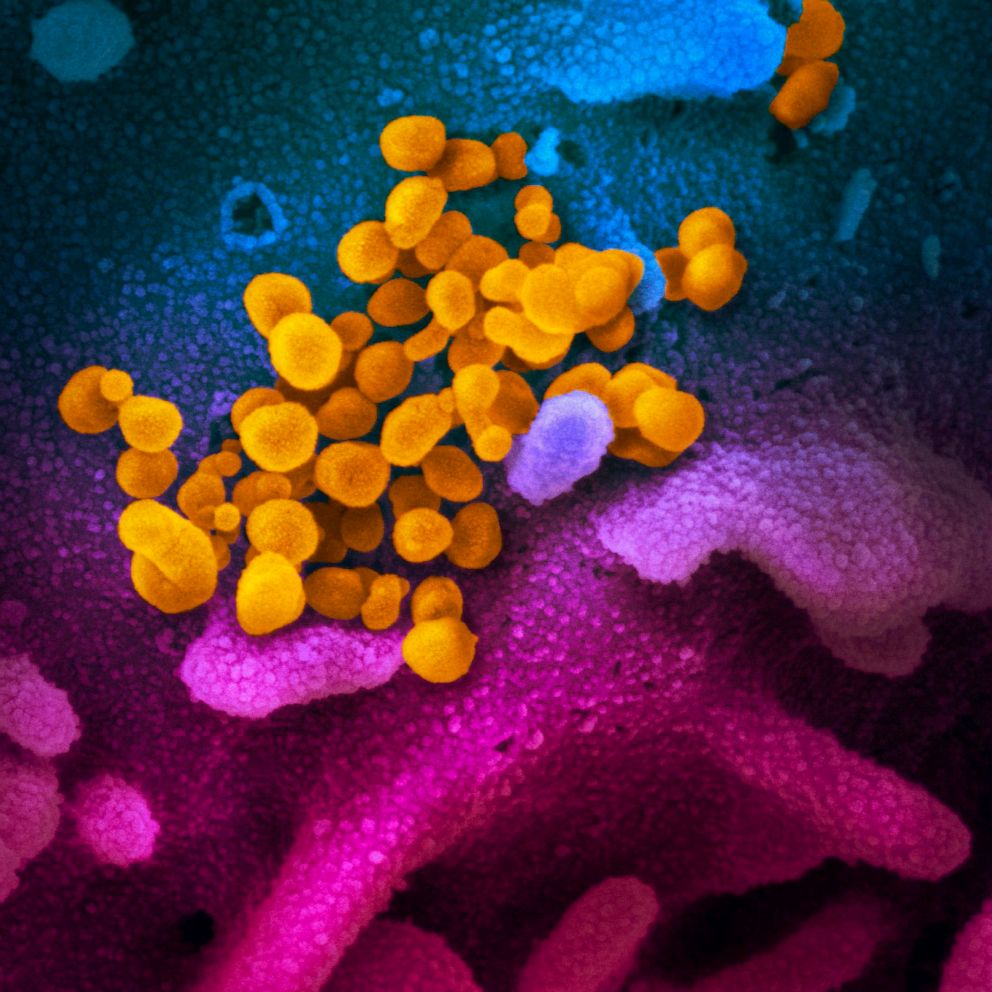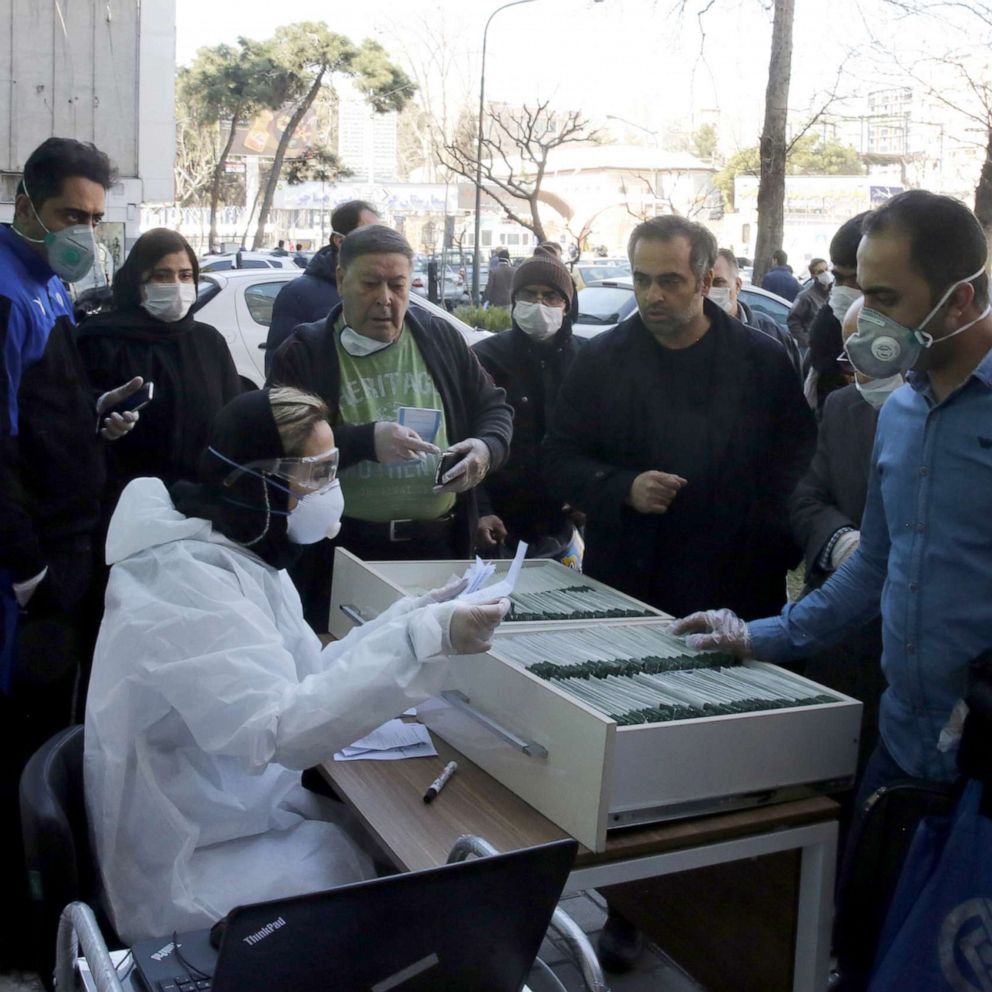UNICEF warns of scam coronavirus messages circulating through social media
One message appears to indicate that avoiding ice cream can prevent the virus.
UNICEF is warning the public about the spread of coronavirus misinformation after a scam message purporting to be from the humanitarian aid organization started circulating around social media.
The fake message had been translated into several languages and appears to indicate "that avoiding ice cream and other old foods can prevent the onset of the disease," among other things, UNICEF Deputy Executive Director for Partnerships Charlotte Petri Gornitzka said in a statement.
Gornitzka ordered the creators of the message to stop sharing inaccurate information and "attempting to imbue it with authority by misappropriating the names of those in a position of trust."
"Misinformation during times of a health crisis can spread paranoia, fear and stigmatization," she said. "It can also result in people being left unprotected or more vulnerable to the virus."

Gornitzka also advised the public to seek accurate information on how to stay safe from verified sources, such as UNICEF and the World Health Organization.
UNICEF is actively taking steps to inform the public when inaccurate information emerges by working with WHO, government authorities and with social media platforms such as Facebook, Instagram, LinkedIn, and TikTok, said Carlos Navarro Colorado, UNICEF’s principal adviser of public health emergencies.
TikTok, Facebook and Twitter have announced strategies attempting to establish a firewall against the "infodemic" of misinformation.
Tune into ABC News Live at noon ET every weekday for the latest news, context and analysis on the novel coronavirus, with the full ABC News team where we will try to answer your questions about the virus.
While UNICEF and WHO have both posted informational videos to TikTok, Facebook is "removing false claims and conspiracy theories that have been flagged by leading global health organizations," according to the company.
Twitter has also published a plan to protect the public from misinformation, the platform announced last week.
ABC News' Jesse Convertino contributed to this report.






